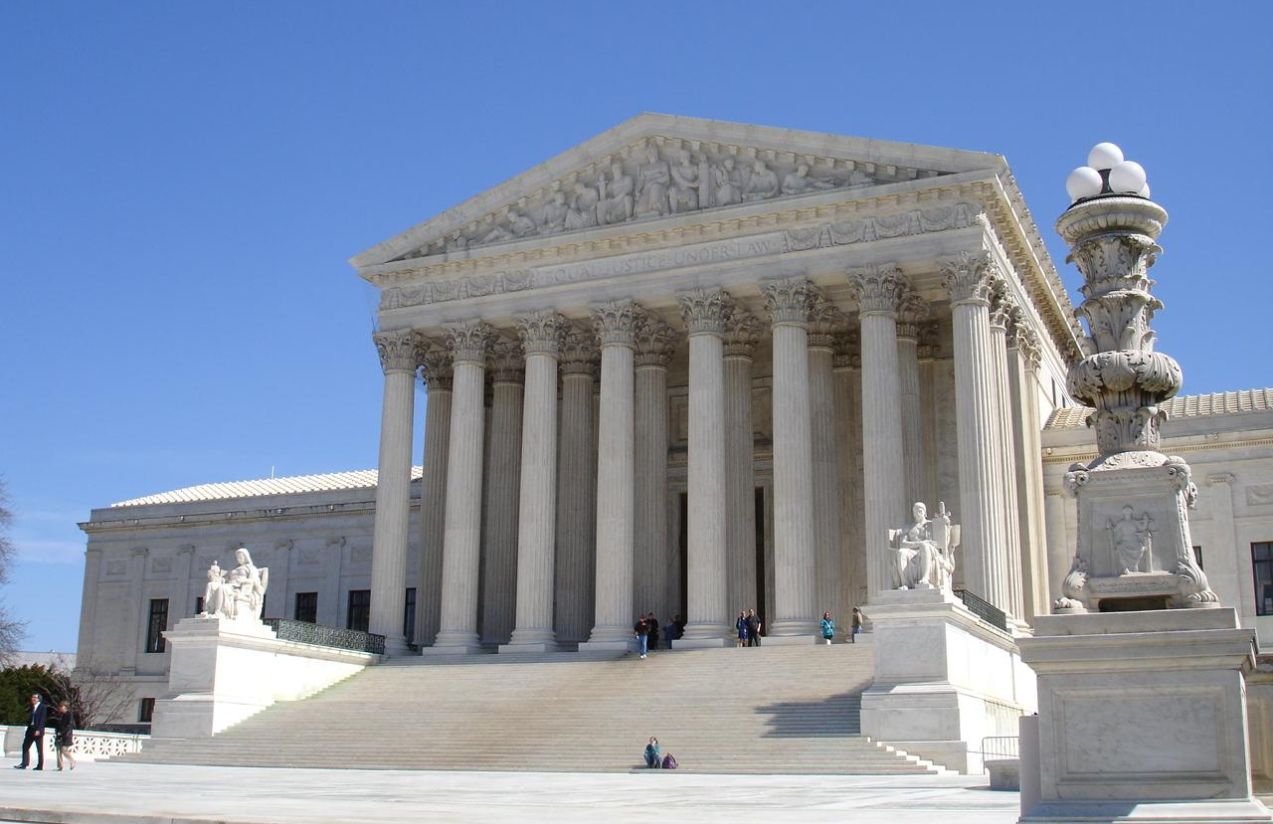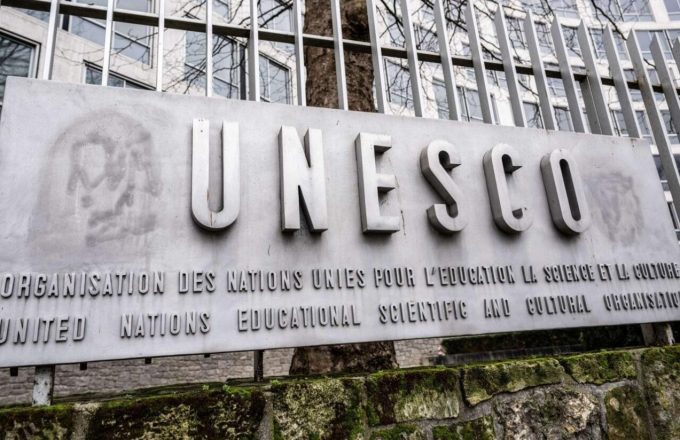On Thursday, the U.S. Supreme Court considered whether to allow President Donald Trump’s restrictions on birthright citizenship to temporarily take effect, even if they are ultimately found to violate the Constitution.
The justices heard arguments from Trump’s administration challenging lower court rulings that blocked the enforcement of the measure nationwide. These nationwide — or universal — injunctions have become a key obstacle to the Republican president’s agenda and a persistent source of frustration for him and his allies.
Since the beginning of Trump’s second term in January, federal judges have issued 40 such nationwide orders, according to Solicitor General D. John Sauer, who spoke at the start of the more than two-hour session.
Birthright citizenship is one of several issues — many immigration-related — that the administration has brought before the Court seeking urgent decisions. These include attempts to end Temporary Protected Status (TPS) for over 500,000 people from Cuba, Haiti, Nicaragua, and Venezuela, as well as to revoke other protections for an additional 350,000 Venezuelans. The administration is also battling legal challenges over efforts to swiftly deport alleged gang members to a prison in El Salvador, invoking the 18th-century Alien Enemies Act, a wartime law.
On the first day of his second term, Trump signed an executive order denying citizenship to children born to individuals in the U.S. illegally or on temporary status. The measure conflicts with an 1898 Supreme Court decision that interpreted the Citizenship Clause of the 14th Amendment as granting citizenship to all children born on U.S. soil — with limited exceptions not relevant to this case.
In response, states, immigrants, and human rights organizations quickly filed lawsuits, and lower courts promptly blocked the measure’s implementation as the cases proceed.
The current dispute centers on what legal rules apply while the litigation unfolds. During the hearing, the Court’s liberal justices appeared strongly supportive of the lower court decisions, which held that Trump’s changes would disrupt more than 125 years of established legal interpretation of birthright citizenship.
Justice Elena Kagan questioned the government’s approach, calling it unusual to use the birthright citizenship issue to undermine nationwide injunctions. “All the courts have ruled against you,” she told Sauer. She also warned that if the government prevails, the order could still be enforced against individuals who have not filed lawsuits. “All those individuals will win. And those who can’t afford to go to court — they’re the ones who will lose,” she said.
Several conservative justices, who may be open to curbing the reach of nationwide injunctions, expressed interest in understanding the practical consequences of such a ruling, as well as how quickly the Court might issue a final decision on Trump’s executive order.
Both the Trump and Biden administrations have criticized judges for overstepping their authority by issuing broad rulings that extend beyond the plaintiffs involved in a case.
Justice Sonia Sotomayor raised concerns about the legal chaos that could ensue if the citizenship restrictions were allowed to take effect in only parts of the country. Some children could end up “stateless,” she warned — denied citizenship in the U.S. and also in the countries their parents fled due to persecution.
New Jersey Solicitor General Jeremy Feigenbaum, representing the 22 states challenging the measure, highlighted the uneven impact of the order: a child born in Camden, New Jersey, would be a citizen, while one born just across the river in Philadelphia would not. Pennsylvania is not part of the lawsuit.
One possible solution discussed by the justices is replacing nationwide injunctions with class action lawsuits, in which a few plaintiffs represent a much larger group of similarly situated individuals. Such cases could move quickly and potentially have national effect.
However, under questioning from Justice Amy Coney Barrett and others, Sauer said the Trump administration might oppose such lawsuits or attempt to delay them.
It is rare for the Supreme Court to hear arguments on emergency appeals, as it typically addresses the underlying merits of a case. In this instance, the administration did not ask the Court to rule on the broader issue right away. If the justices side with the administration and restrict the scope of nationwide injunctions, it remains unclear how long inconsistent rules on citizenship might apply to children born in the U.S.




















